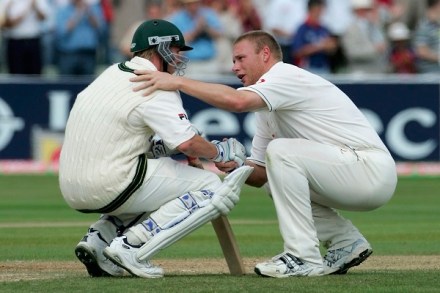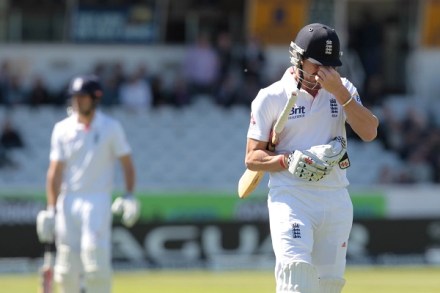Golf’s $10 million nobodies
Golf has reached the eye-watering end of the season in the United States. By Sunday night, one man in a baseball cap will walk off the 18th green in Atlanta $10 million richer. This week is the final event in the FedEx Cup play-offs, a four-week season-within-a-season on the American Tour in which a total of $67 million is up for grabs for the top 125 players. Not a bad reward for a sunny afternoon trying to put a white ball in a hole in fewer strokes than everyone else. Being a golfer is one of the few jobs where the less work you do the richer you become. As


















